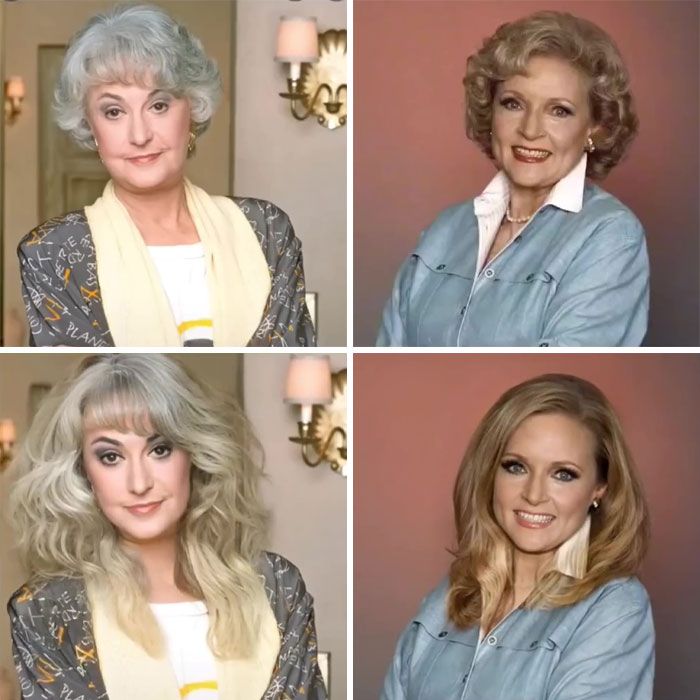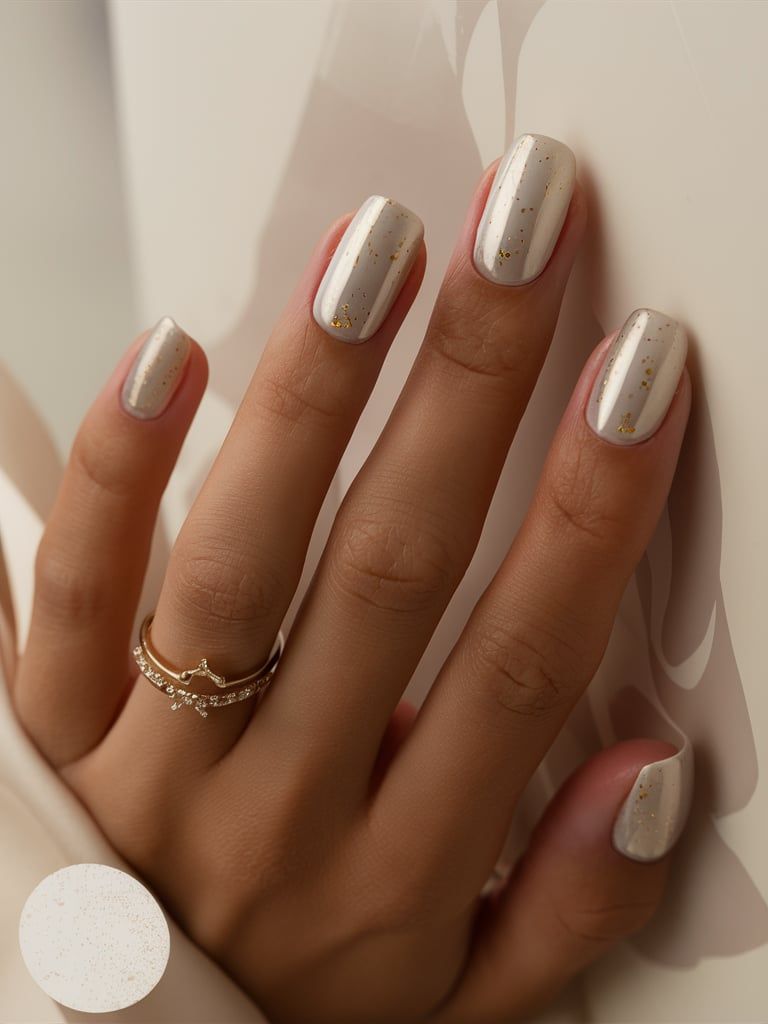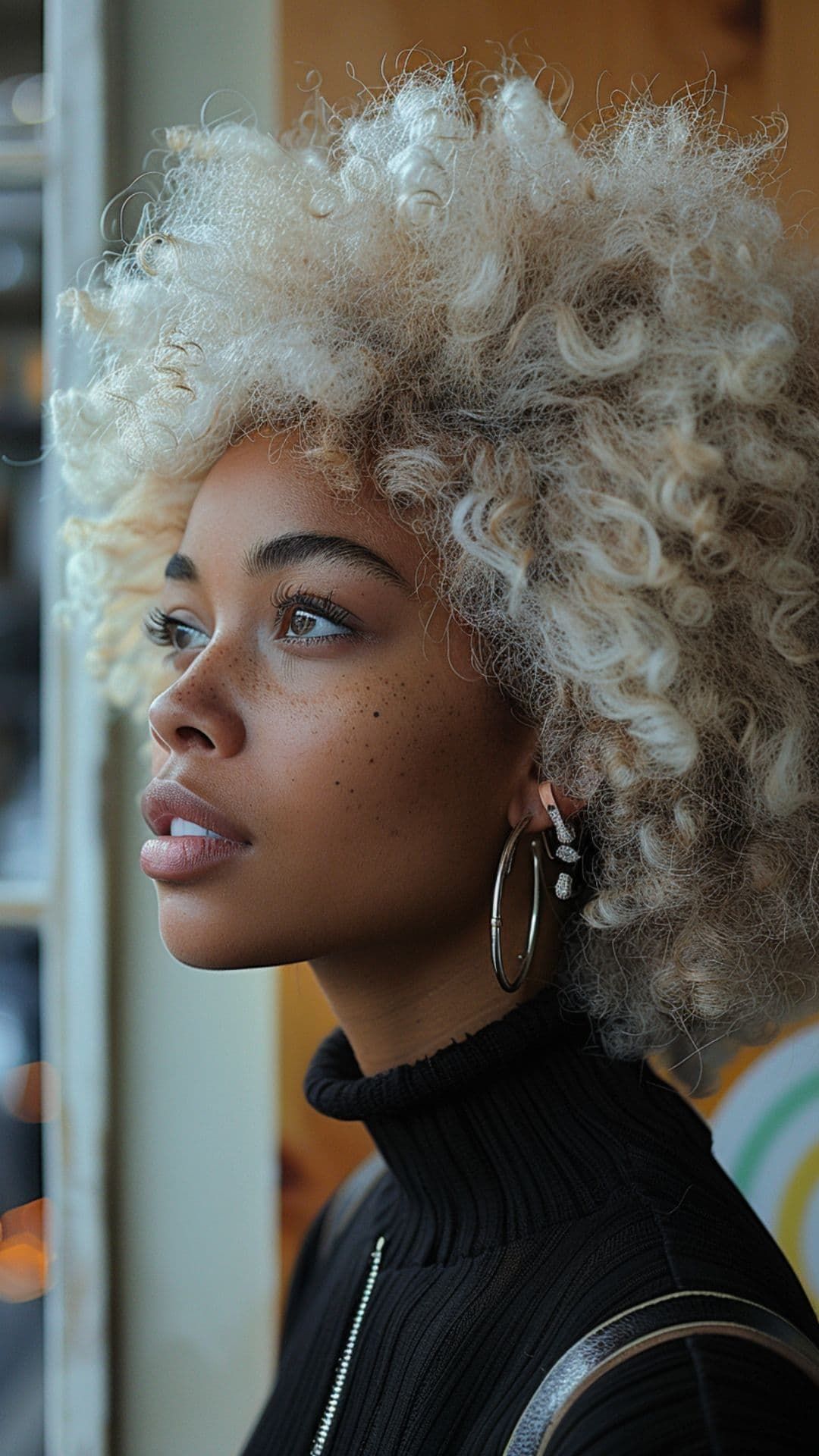In a recent video on his popular YouTube channel, Michael Stevens of Vsauce delved into the intriguing topic of retrospective ageing. He discussed how our perception of time passing can greatly influence how old we feel, regardless of our actual biological age. This phenomenon is just one aspect of the complex interplay between biology and perception when it comes to aging.
Understanding Retrospective Ageing
Retrospective ageing refers to the way in which we perceive our age based on past experiences and memories. Our perception of time passing is influenced by a variety of factors, including cultural norms, social interactions, and personal beliefs. For example, someone who has accomplished a lot in their life may feel younger than someone of the same age who feels that they have not achieved as much.
– Our perception of age can be influenced by our self-image and how we compare ourselves to others.
– Retrospective ageing can vary greatly from person to person, leading to different perceptions of age within the same age group.
– Studies have shown that our perceptions of age can affect our physical health and mental well-being.
The Biological Aspect of Ageing
While retrospective ageing is largely a perceptual phenomenon, there are also biological factors at play when it comes to aging. Our bodies undergo various changes as we grow older, including a decrease in muscle mass, changes in hormone levels, and an increased risk of certain health conditions. These biological changes can contribute to our overall feeling of aging, regardless of how young we may feel mentally.
– Biological aging is a natural process that occurs in all living organisms.
– Factors such as genetics, lifestyle choices, and environmental exposures can influence the rate at which we age biologically.
– Adopting healthy habits, such as a balanced diet and regular exercise, can help slow down the biological aging process.
The Intersection of Biology and Perception
The way in which we perceive our age is not just influenced by biology or perception alone, but by a combination of both. Our physical health can impact how old we feel, just as our mental state can influence our perception of our age. By understanding the intricate relationship between biology and perception, we can gain insight into how to age gracefully and maintain a positive outlook on life.
– Cognitive processes, such as memory and attention, play a role in how we perceive time and age.
– Positive thinking and mindfulness can help improve our overall well-being and perception of age.
– Embracing new experiences and challenges can keep our minds and bodies active, contributing to a more youthful outlook on life.
In conclusion, retrospective ageing is a multifaceted concept that involves both biological and perceptual factors. Our perception of age is shaped by our past experiences, cultural influences, and personal beliefs, as well as the biological changes that occur as we grow older. By understanding the complexities of how we age, both biologically and perceptually, we can take steps to maintain our health and well-being as we journey through life. And remember, age is just a number – it’s how we feel and think about ourselves that truly matters in the end.
You can review our digital products by following us on Etsy.





